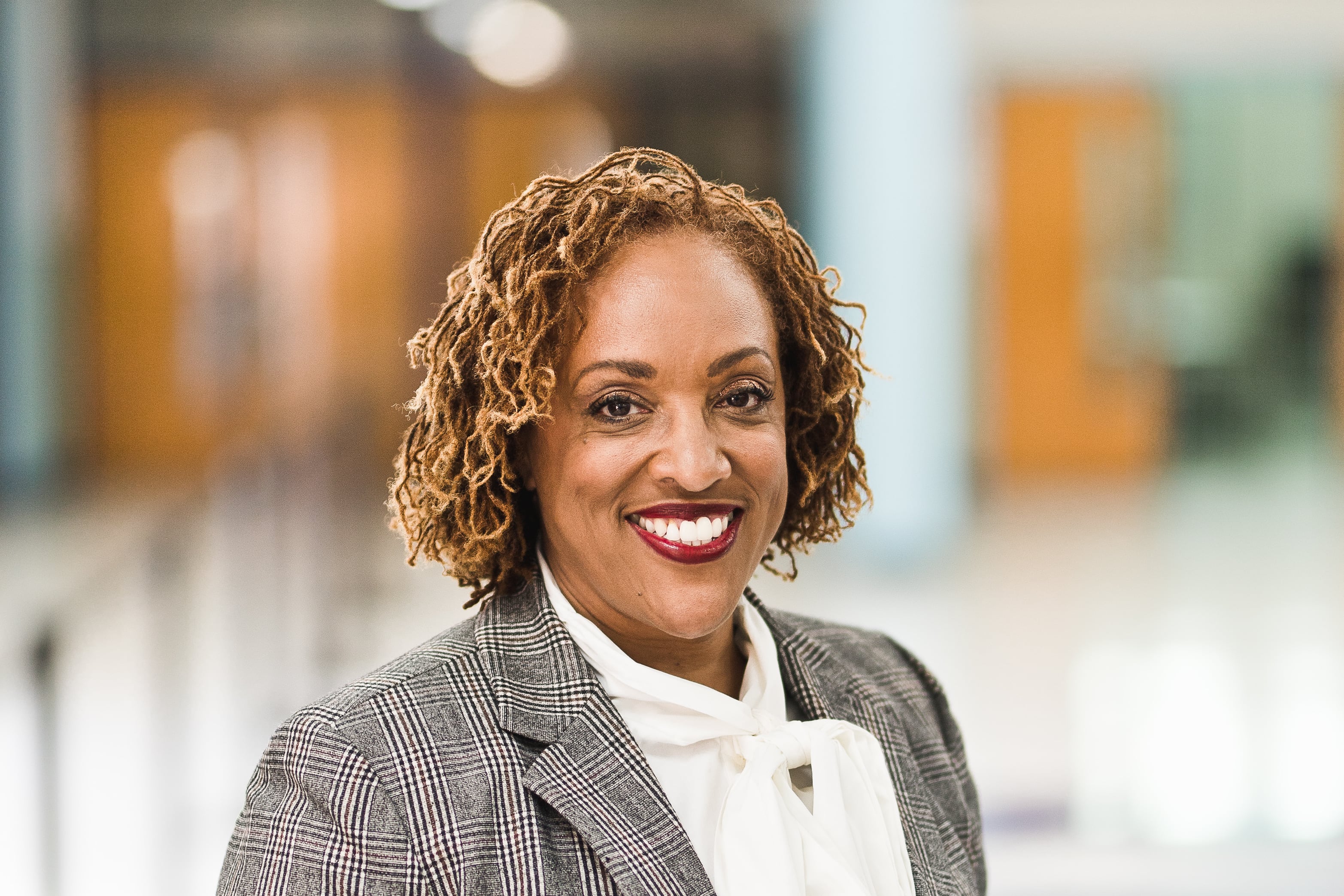A group of educators at KIPP Memphis charter school network want to replace their executive director, citing a lack of transparency in personnel decisions, low teacher retention, and unexpected school closures.
Nineteen KIPP Memphis Academy Middle staff members sent a letter to the board of directors last week asking them to remove Kendra Ferguson, who has led the charter network of five schools since 2016 and reports to the board.
The group, Cypress Coalition, worries Ferguson’s decisions will affect student learning, which already lagged behind KIPP schools nationally. The group is named after the former Memphis middle school building that closed in 2014 and is now used by KIPP.
In April, KIPP’s board members announced, without community discussion, that they would close two schools. Then in December, Ferguson removed principals at two other schools. The staff letter demands an explanation for removing the award-winning principals, whom staff called “titans” of the charter network.
“The continual flux in leadership has eroded staff’s trust in Dr. Ferguson’s efficacy as the executive director of KIPP Memphis,” said the letter dated Jan. 8.
Coalition member Cartavius Black, who grew up in Memphis, said, “I know students strive the best when they have consistent faces in front of them. In Memphis, that’s half the battle.”
He added attempts to understand Ferguson’s decisions have been “completely shut down and glossed over.”

Ryan Gibbs, the KIPP Memphis board chairman, defended Ferguson on Thursday and said he plans to send a full response to the letter next week.
“The board feels right now that Dr. Ferguson and her team have our full support,” he said. “If she didn’t, she wouldn’t be in that role.”
Staff retention has declined since Ferguson came to Memphis. In her first year, 66% of staff stayed with KIPP the next year; by 2018, that number fell to 55%. Nationally, that year, 72% of staff in KIPP schools across the country stayed on at their school.
According to a KIPP Memphis staff survey in October, about 80% of the 150 teachers across the network said they would return next school year, a spokesman said. In December, after KIPP leaders announced they were removing two principals, a survey of 47 staff done by the coalition at those schools showed about two dozen staff changed their minds and plan to leave.
Ferguson said Thursday she has not been able to pinpoint the reasons behind the low staff retention. National research shows that if effective teachers leave, student learning suffers. But keeping the same teachers by itself is not always good. If schools can accurately identify ineffective teachers and replace them with better ones, the changes can actually help students.
The call to remove Ferguson comes as the city’s chapter of the nation’s largest charter network is undergoing significant changes to boost academics, incorporate more community input, and hire more native Memphians. The charter network was one of the first to open in Memphis in 2002 and one of the first to help take over low-performing schools on behalf of the state.
“We just have not held to our promise to make sure that our kids were ready to go to and through college at the rates we promised,” Ferguson said. “And with that, we’re doing some changing.”
The staff letter said the decision to close the two schools this spring was “devoid of transparency and community voice,” which they said characterized Ferguson’s leadership. Parents and staff were surprised because unlike most school closures, there was no warning they might be coming. That surprise prompted board members to reflect on how they communicate their vision to improve schools, Gibbs said.
“They feel things are happening behind their back and they don’t know what to expect, so that causes tension and anxiety,” he said. “So, trying to assure them of the direction we’re going, what we’re doing, is important.”
Gibbs said closing the two schools in South Memphis brought KIPP “back to our roots” in North Memphis where the network opened its first school in the city in 2002. He said the charter network grew “really fast” and came with growing pains. The network now educates about 2,100 students across five schools.
The letter also called for leaders to explain why they removed principals Andrea Criollo Echetebu of KIPP Memphis Academy Middle and Andrew Bobowski from KIPP Memphis Collegiate High. The staff letter said their removals “will cause unnecessary and significant harm” to the schools.
A KIPP spokesman said Echetebu and Bobowski were eligible to apply for other positions in the network and could stay on to help in the transition. Echetebu and Bobowski declined to comment Friday.
Black, the middle school teacher, said when KIPP leadership held a virtual staff meeting last week following the announcement, he came with a list of questions to learn more about why Echetebu was removed. But when he joined the video call, everyone was muted and the chat box was closed. He never got answers to his questions.
Ferguson and Gibbs declined to share details of the decision about the principals, but said they are slated to finish out the school year. Ferguson said her team is currently reviewing candidates to replace Echetebu and Bobowski.
“Teachers go so long being undervalued, they expect when they make a decision, for teachers to rock with it or get out of the way,” Black said. “This is not even a plea to get our old people back. We just want some transparency. We want to know why.”





